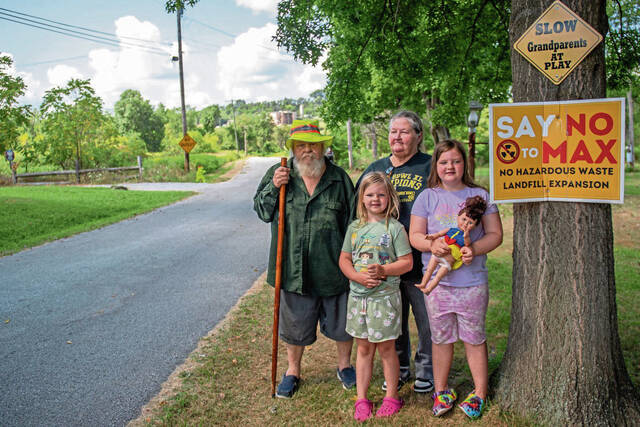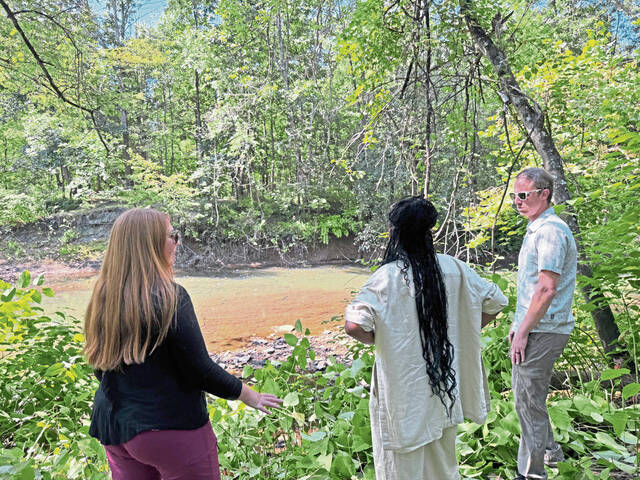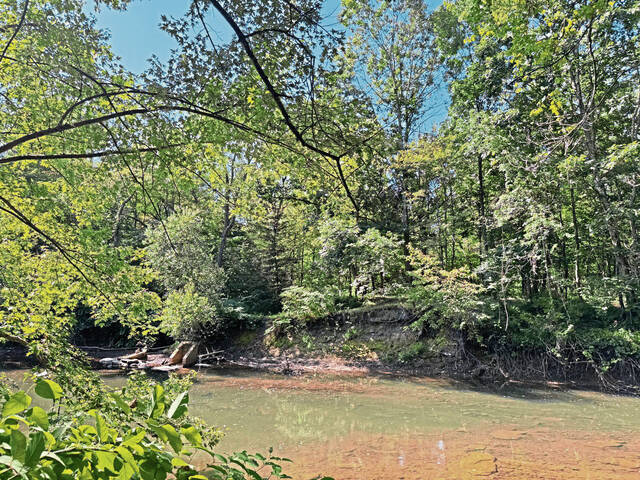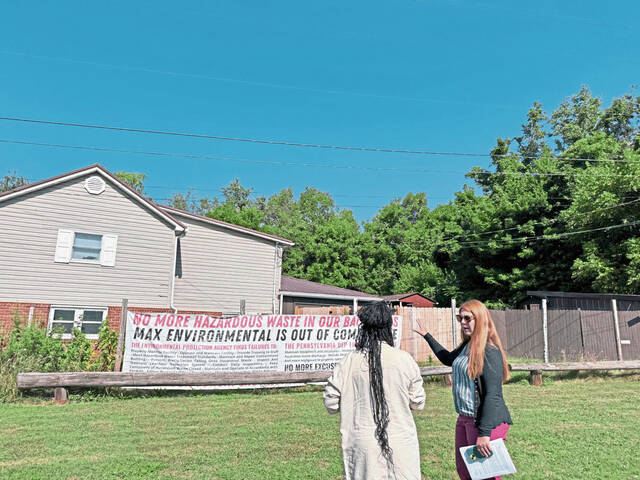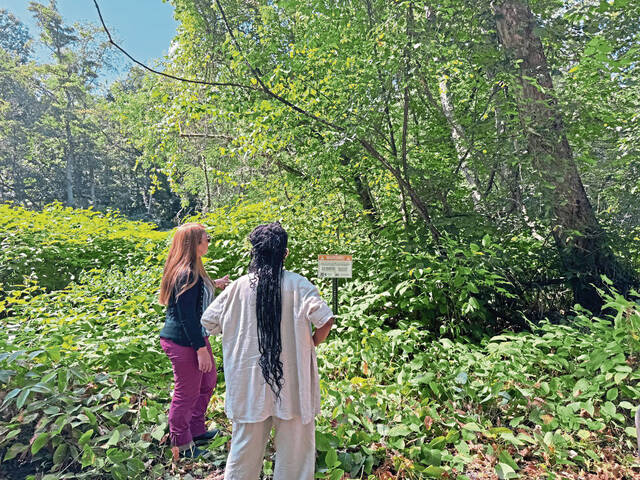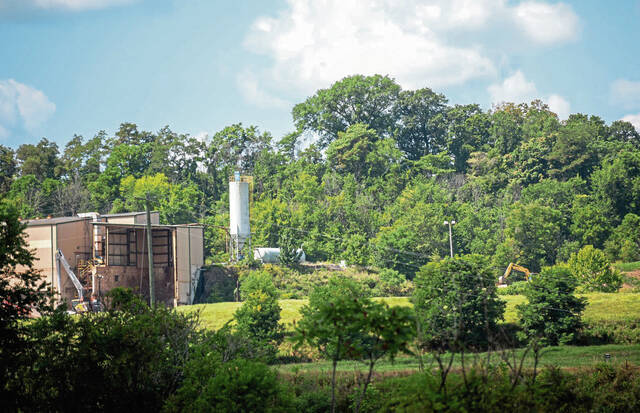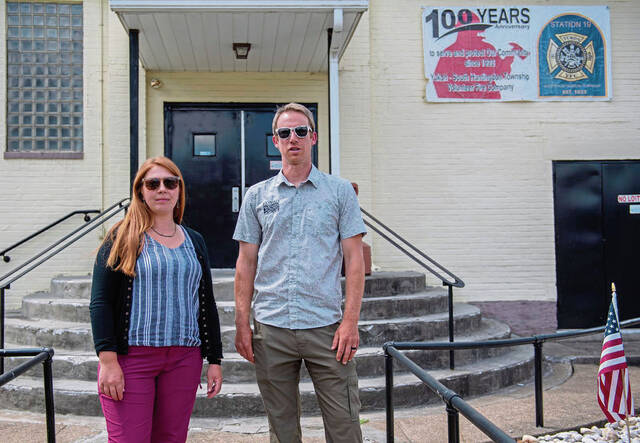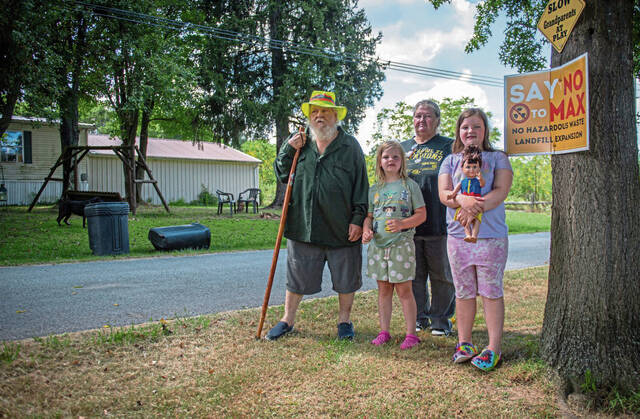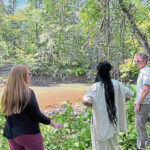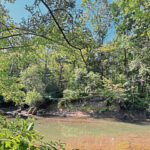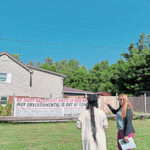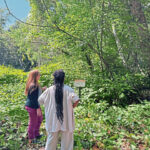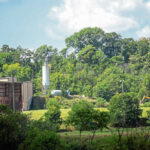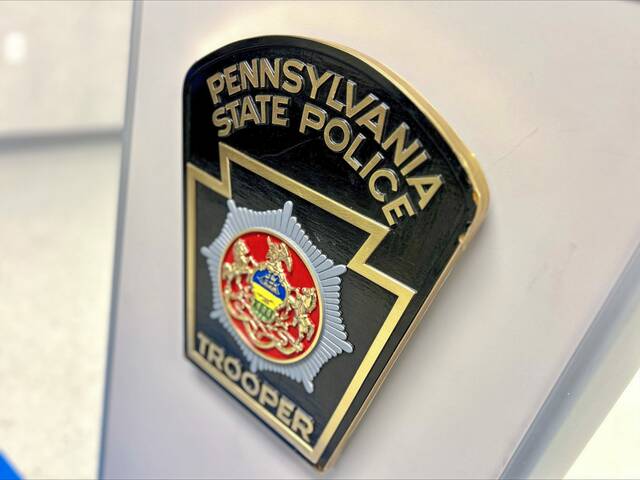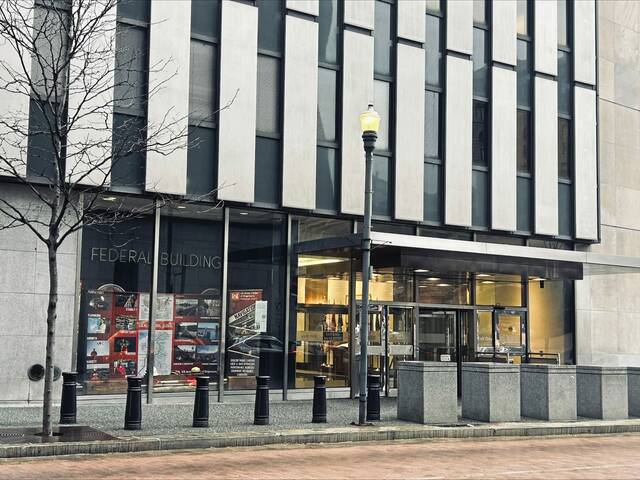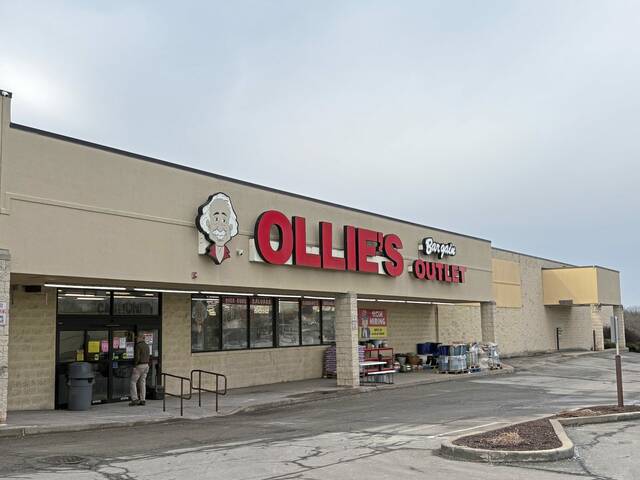It’s hard not to notice the bright yellow signs in nearly every yard while driving down Milbell Road in Yukon, South Huntingdon.
“SAY NO TO MAX. NO HAZARDOUS WASTE LANDFILL EXPANSION,” they read.
Past the Dzubak residence at the end of the rural road, long after pavement switches to gravel, lies one of several sites operated by MAX Environmental Technologies Inc. of McCandless.
MAX Environmental treats industrial and hazardous waste and stores the residual materials from steel mills and natural gas hydraulic fracturing (fracking), pickling acid from steel mill finishing plants, oils from steel factory rolling mills and sludge containing aluminum, iron, copper, nickel and zinc.
William and Rose Dzubak live in West Newton but spend the days in Yukon watching over their granddaughters, Georgia and Savannah, while their son, Chuck, the girls’ father, is at work.
William Dzubak, 74, is hard of hearing and has a difficult time understanding what others say when they speak at a level volume beside him. But he has no problem hearing the sounds of machinery from the landfill next to Milbell Road.
“Sometimes, there’s a lot of noise,” said Rose Dzubak, 74.
The Dzubaks don’t worry about just the noise level.
“(The) grandchildren live here. They’re outside all the time. As you see when you look up there, you can see, like, a dust flying; but they’re saying that it doesn’t come down this way,” Rose Dzubak said. “Whenever we get water lines broke, how do we know that that’s not seeping into our water lines?
“And then, we’re drinking the water. And who knows what’s going to cause problems there.”
Signs identical to the one on the Dzubaks’ property dot the yards around Yukon, where residents have been fighting the operations of MAX Environmental seemingly since it first opened as Mill Service in 1963. It now operates on a 159-acre site.
The site has been the subject of controversy over the years. The operations have been a source of complaints from the community about air pollution, odors and water pollution that residents said have impacted their health and life for decades, which led to a lawsuit.
MAX Environmental has been cited by South Huntingdon and the state Department of Environmental Protection and fined for violating ordinances regarding odors and dust.
The company recently halted its plan to reapply for a permit to add a new hazardous waste landfill to instead focus on compliance issues federal regulatory officials identified after an inspection in 2023.
A representative of MAX Enviromental issued a statement Tuesday evening.
“MAX has fully complied with the consent orders with EPA,” said the statement, attributed to Carl Spadaro, MAX’s environmental general manager. “We had an independent audit of our waste treatment operations by an EPA-approved consultant and that consultant concluded that MAX was acceptably treating and testing waste.
“We have made repairs to some of our infrastructure as required by EPA and had an independent engineering evaluation of our wastewater treatment system. That evaluation found that MAX has made improvements to the system to improve the quality of our treated wastewater effluent.
“The effluent discharge into Sewickley Creek is permitted by PA DEP and is treated wastewater from the facility, much like other industrial operations. We will have an additional independent evaluation of our waste storage areas to determine if there are any additional needs for improvement.”
The statement went on to say that federal and state environmental regulations are actually holding back the company from making other improvements.
“The stranglehold placed on our operations for so long by EPA and PA DEP are unwarranted and prevent us from implementing other operational improvements,” Spadaro said in the statement. “Separately, our plans to expand our landfill operations are on hold for now.”
The Mountain Watershed Association of Melcroft has been hosting monthly meetings regarding MAX’s operations for community members in Yukon since 2012. Local residents, including the Dzubaks, have attended to discuss the company’s actions and collaborate on solutions.
“Since then, we’ve learned so many significant and, frankly, devastating details to what the Yukon community has been dealing with — with MAX Environmental, this hazardous waste landfill, in their backyard,” said Stacey Magda, the association’s community organizer.
U.S. Rep. Summer Lee, D-Swissvale, on Tuesday took her second tour of the area this year. She has been working with the watershed association to respond to public opposition to MAX’s operations.
The tour took Lee and members of the watershed association to Sewickley Creek, where a pipe periodically dumps wastewater from the MAX site.
“We went to the creek, you know, we went down there, and the first thought that I had was, ‘Oh, this is beautiful. I want to go in.’ And then my next thought was, well, what about the kids who say ‘I want to go in’ and there’s, literally, a pipeline of water coming from a waste management facility?” Lee said. “This is such an attractive site for children.”
The story of Yukon is all too familiar to Lee, who grew up in Braddock near steel mills. She said kids in her neighborhood used to regularly wipe the orange and red dust off neighborhood porches and cars as a chore.
“When the dust clouds came over the town, you know, the kids would go out and they’d have to sweep it off the porches, they’d have to sweep it off of the cars, and that was just their daily routine,” she said.
Lee said she is working at the national level to keep support and funding flowing to the Environmental Protection Agency despite the Trump administration’s efforts to relinquish the agency’s regulatory powers.
Communities like Yukon rely on the EPA, Lee said.
Spadaro responded to Lee visiting the area Tuesday.
“We welcome Representative Summer Lee to talk with us and visit our Yukon facility so that she can see for herself our operations and not just hear the one-sided, extremely biased and often incorrect views of the Mountain Watershed Association,” Spadaro said in the company’s statement.
“Sewickley Creek is probably the most polluted stream in our watershed,” said Eric Harder, the Mountain Watershed Association’s Youghiogheny riverkeeper.
He said agricultural runoff and water from MAX contribute to the tributary’s condition. The association put up signs bordering the creek to warn of potential dangers.
Rose Dzubak said her granddaughters Georgia, 8, and Savannah, 6, have gone in the water to play occasionally.
“We try to keep them away from there as much as we can,” she said.


